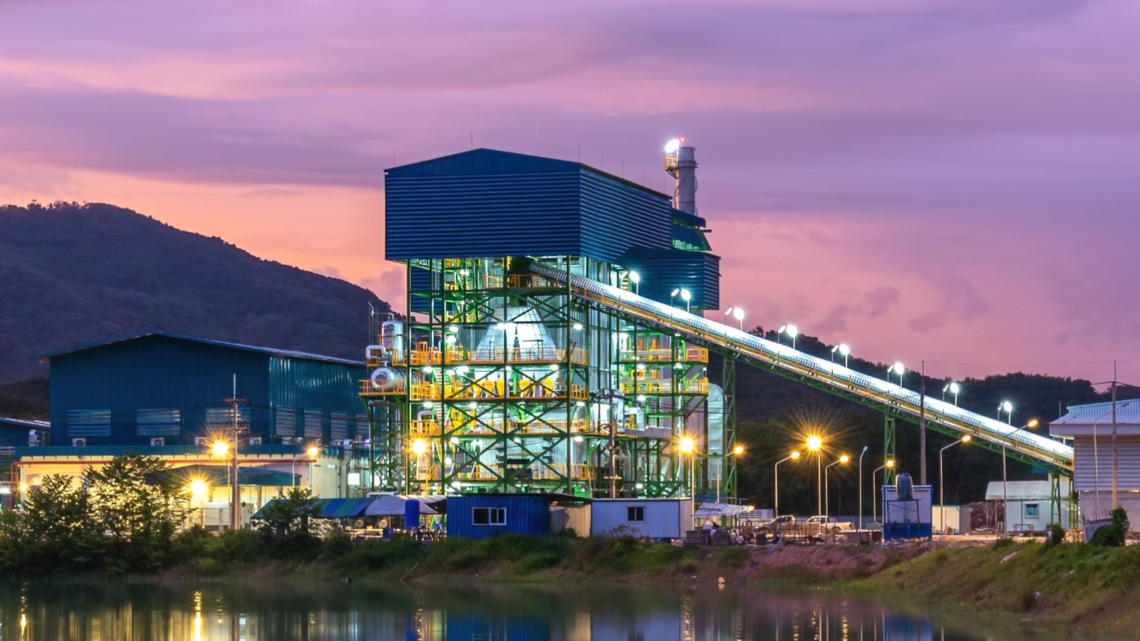Geneva, 15 September 2022 – While companies are making important progress in sourcing renewable electricity for their operations, decarbonizing heat use is their next big challenge – especially for industrial companies. A new practical guide launched by the World Business Council for Sustainable Development (WBCSD) presents an innovative business model and financing mechanism that companies can leverage to introduce sustainable heat solutions into their operations without having to secure the upfront investment costs.
Heat accounts for approximately 50% of global final energy use and heat used to run industrial processes alone accounts for 29% of global energy demand. Decarbonization of heat is, therefore a huge business opportunity, crucial in tackling the climate emergency and a great way to reduce reliance on gas, especially as energy prices are soaring around the world and are expected to remain volatile.
This new guide contains practical advice for sustainability, strategy, operations and procurement professionals, which empowers them to develop HaaS solutions that are fully in line with corporate strategic needs – enabling HaaS to become the next step to lower-cost, low-carbon heat solutions.
The sizable capital cost required to implement low-carbon heat solutions and the often sub-par return on investment can make it difficult for companies to prioritize capital for such projects. HaaS provides a great solution to overcome this barrier by having a third party, usually an Energy Service Company (ESCO), bear the capital cost for the solution. The ESCO also guarantees the supply of sustainable heat over the lifetime of a long-term contract.
HaaS offers a multitude of benefits, which include:
- Accelerated decarbonization: HaaS solutions enable companies to decarbonize their heat without investing in the technologies themselves.
- Technology access: Cost-effective decarbonization of a global portfolio will require utilizing various renewable heat technologies, many of which a company may not be well suited to deploy. HaaS solutions allow corporate access to different renewable heat technologies, from biogas to solar thermal.
- Project optimization: many energy technologies and energy markets are evolving rapidly. An ESCO’s technology and energy market expertise enables optimal operation of the heat solution, maximizing project returns over the lifetime of the contract.
- Financial gains: HaaS can also lead to immediate cost savings, given that renewable heat solutions often come with reduced operational expenditure. At the same time, the ESCO recuperates the capital invested over a long-term period. HaaS also frees up capital for core business investments. HaaS solutions do not necessarily have to appear on the company’s balance sheet – a critical consideration for companies keen to keep leverage ratios low.
“Just as Power Purchase Agreements transformed companies’ ability to source renewable electricity, HaaS enables corporate access to renewable heat solutions without needing to front the initial investment.” Mariana Heinrich, Director, Energy, WBCSD
“Decarbonizing heat is pivotal in achieving climate goals across all industry segments. Heat as a service enables companies to scale low carbon heat solutions regardless of a company’s financial constraints.” Martijn Duvoort, Director Energy Markets and Strategy, Energy Systems, DNV
“If we can decarbonize heat, we can decarbonize buildings,” said Scott Tew, vice president of sustainability for Trane Technologies. “In addition to more energy-efficient technology, expanding models like Heat as a Service can help companies advance electrification goals now, accelerating a net-zero future for the built environment.”
“As we continue on our journey to becoming climate positive before 2050, we are delighted to have contributed to the guide which will help to accelerate progress and action. The shift to low-carbon heat sources is a vital part of tackling climate change within commercial and industrial companies. This new practical guidance will enable many more organizations to cut through the complexity of this landscape and take action as part of their own climate and net zero journeys.” Sandra Girgis, Global Head of Environmental Sustainability, Givaudan
The new guide is published as part of WBCSD’s Energy Pathway, in which two dozen member companies collaborate on renewable heat in the industry by building capacity to overcome barriers and unlock value using new technical, commercial and financing solutions. We invite all companies, initiatives and sector stakeholders to join us to tackle this systemic challenge.
If you are interested in learning more about our work, please contact Rutger van der Zanden, Manager, Energy Transformation.








